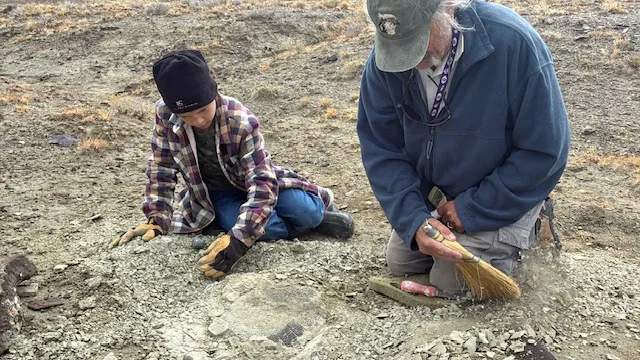JBS Moves Toward NYSE Listing Despite Long History of Corporate Scandals

After years of delays and intense scrutiny, JBS, the world’s largest meatpacking company, is preparing to go public in the United States, Forbes reports.
The Brazil-based multinational received approval from the US Securities and Exchange Commission (SEC) in April to list its shares on the New York Stock Exchange, with the IPO anticipated as soon as June, pending a shareholder vote.
The path to this point has been anything but smooth. JBS and its controlling shareholders, brothers Joesley and Wesley Batista, have faced numerous legal and regulatory challenges over the past decade. These include allegations of bribery, corruption, insider trading, environmental violations, and labor abuses—in both Brazil and the US Nevertheless, the company’s growing global footprint and substantial revenue, estimated at $77 billion annually, have kept its IPO ambitions alive.
JBS is majority-owned through J&F Investimentos, the holding company controlled by the Batista brothers, who are estimated by Forbes to be worth $4.8 billion each. The company’s efforts to list in the US have been delayed multiple times, largely due to legal proceedings and public opposition.
The Batistas were briefly jailed in 2017–2018 amid a wide-ranging corruption investigation in Brazil, during which they admitted to paying bribes to over 1,800 politicians and government officials. The scandal also implicated their financial backers at the Brazilian development bank BNDES, which helped finance JBS’s international expansion, including the 2009 acquisition of US chicken processor Pilgrim’s Pride.
In the US, JBS and its affiliates have faced their own set of challenges, including accusations of price fixing, violating child labor laws, and workplace discrimination. Both Republican and Democratic lawmakers have voiced concerns over the company’s practices, with 15 US senators opposing the IPO as recently as last year.
The timing of JBS’s SEC approval raised eyebrows. The decision came just days after it was publicly revealed that Pilgrim’s Pride—a JBS subsidiary—donated $5 million to the 2025 presidential inauguration of Donald Trump, far outpacing contributions from other major corporations.
JBS has denied any connection between the donation and the IPO approval. A company spokesperson stated that JBS has maintained “internal controls and compliance procedures” to ensure transparency and legality in political contributions.
Despite the controversy, legal experts say proving a quid pro quo would be difficult. Brett Kappel, a campaign finance attorney, noted that while circumstantial evidence could suggest a link, it is unlikely that prosecutors would pursue a case without more direct proof.
Listing on the NYSE will open JBS to a broader pool of U.S. investors and pension funds, potentially doubling its valuation, according to analysts like Carlos Laboy of HSBC. Laboy also sees the IPO as a step toward greater regulatory oversight, arguing that public market scrutiny could help keep JBS accountable and improve industry practices more broadly.
In recent years, JBS has made public commitments to sustainable agriculture and zero deforestation, though some Indigenous groups and environmental advocates have contested the company’s claims. Representatives of Brazil’s Parakanã people have accused JBS of indirectly supporting illegal deforestation by sourcing cattle from cleared rainforest land.
The company insists it is working with suppliers to ensure ethical practices and reduce its environmental impact.
While the IPO may bring JBS into the financial mainstream, governance concerns remain. Once listed, JBS’s holding companies could convert common shares to preferred stock, potentially increasing the Batista family’s voting power to 90%. The brothers, who returned to JBS’s board in 2024 after being banned from leadership roles, will continue to play a central role in the company’s direction.
Experts argue that for long-term credibility, JBS must strengthen its board of directors with more independent voices.
“A strong board with independent members of unquestionable integrity would be optimal for all shareholders of JBS,” says Laboy.








The latest news in your social feeds
Subscribe to our social media platforms to stay tuned